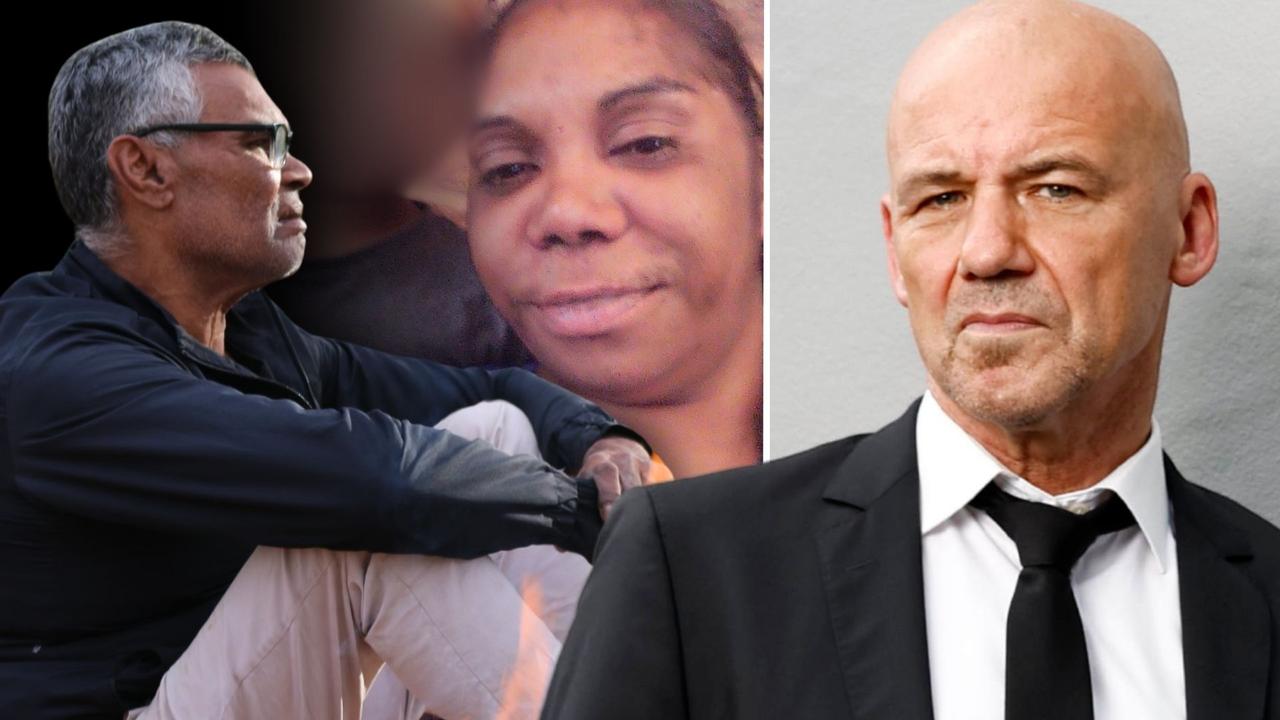I Catch Killers: Armed robber Bernie Matthews reveals how he survived Australia’s worst jails
Notorious armed robber Bernie Matthews opens up to Gary Jubelin about his life of crime and surviving Australia’s most brutal and inhumane jails. Don’t miss the I Catch Killers podcast plus bonus video.
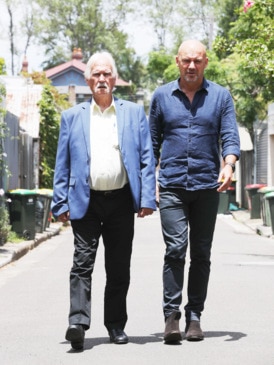
I Catch Killers
Don't miss out on the headlines from I Catch Killers. Followed categories will be added to My News.
As the first blow from a Grafton Jail prison guard rained down there was one thought on new arrival Bernie Matthews’ mind — “Don’t make a sound, don’t yell out.”
It was the early 1970s and Matthews had been transferred to the hellhole of Grafton after trying to escape from Parramatta Jail, breaking one of the five cardinal rules of prison life.
The others being don’t kill a prison guard, don’t assault a prison guard, don’t actually escape, and don’t participate in a riot.
“If you broke any one of those cardinal rules, and I’d broken about four of them already, that earned you a trip to the intractable section of Grafton Jail and Grafton had a reputation and that reputation was brutality, that when you went there they were going to knock it all out of you.”
Don’t miss Gary Jubelin’s interview with Bernie Matthews in a special four-part episode of I Catch Killers. Listen below.
Part 1: The Cop and the Crook
Part 2: The brutality of Grafton Jail
Soon after taking his first steps through the iron gates, Matthews copped two smacks in the mouth, one for not saying “Sir” and one for looking at a prison officer.
But that was just the start of the endless cycle of violence which became more like a bloodsport, as he explains to Gary Jubelin in the first of a riveting four-part special with Matthews in the latest episode of the hit podcast I Catch Killers.
Part 3: Katingal – A new kind of hell
Part 4: Fighting back before a return to prison
Matthews provides a confronting, no holds barred insight into the brutality of incarcerated life at two of Australia’s most inhumane prisons during the 70s — Grafton and Katingal, the country’s first Supermax Prison.
It also explores his life as a notorious armed robber and escapee who became an award-winning journalist, playwright and prison activist, before running foul of the law again on guns and drug charges. He has spent 28 of the past 52 years behind bars across nine jails — five in NSW and four in Qld — including two stints for crimes he never committed.
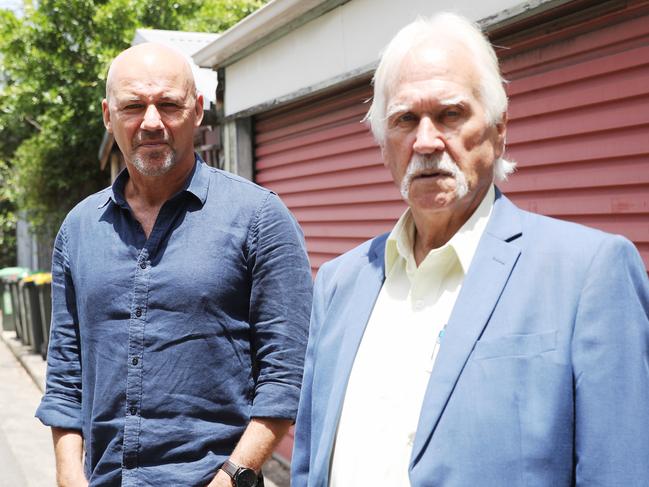
“It was collateral damage to my life,” he replied when asked of his most recent stint, a stretch of 11 years, and says his sentence was the result of a prison code and bond forged with other intractables during a time of violent turmoil.
“I think it’s in my DNA, to understand why, where, how, it all comes back to jail. People who have been under adversity especially in places like Grafton and Katingal, a special bond is formed, it’s not just a normal jail bond, it’s a special bond, like the brotherhood in the cops,” Matthews says.
Matthews’ contemporaries during his early prison years included some of Australia’s most infamous names such as Russell “Mad Dog” Cox, Whiskey Au Go Go bombers John Stewart and James Finch, and Jockey Smith.
Now, at the age of 71 (check), he lives in regional NSW, his criminal days behind him after his final term finished in 2019.
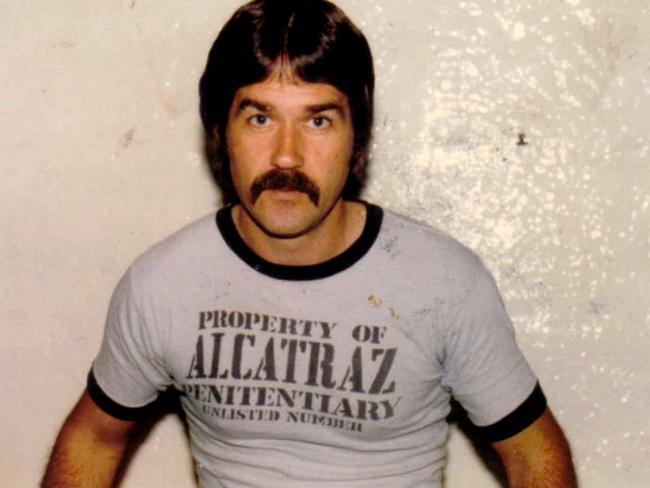
Matthews somewhat consoles himself that he never used physical violence in a stick-up, but there is no argument that he was a violent criminal who admits his actions could never be justified.
“Post-traumatic stress disorder is something that never came into the vocabulary until many years later and you think ‘Jesus, look what I’ve done to people’,” Matthews tells Jubelin when challenged on his lifestyle.
“When the real violence came into play in the prison system you never equate that violence with that violence that you inflicted through your voice or (threat of gunfire).”
Jubelin says his’ crimes can never be condoned but wanted to tell Matthews’ story because it needed to be heard.
“Bernie owns his crimes, we need to own the fact a brutal system contributed. Just because what Bernie did was wrong doesn’t mean what happened to him or other prisoners was right,” Jubelin says.
GRAFTON’S BRUTALITY
That smack across the face on that first day at Grafton and what followed is as vivid to Matthews as the day it happened. It is at the core of why the jail was later closed when the brutal bashings and assaults inflicted by prison guards became public.
Soon after that violent welcome he was taken into a yard with about “five screws” and told to strip off.
Then it started. The blows from the rubber batons came down hard but despite the shock of the attack he had already prepared himself for how he should respond.
“Don’t yell out, don’t give them the satisfaction of knowing that they’re hurting you … and if you yell out the other crims are going to call you weak for not being able to handle a flogging,” he responded when asked what his first instincts were.
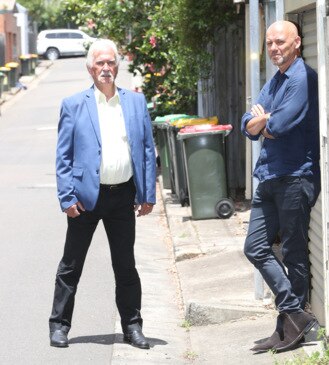
“I was totally nude and they just give it to me with these batons from my neck down to my knees … and somewhere along the line they knocked me unconscious,” Matthews recalls.
“They dragged me into a solitary confinement cell I tried to lie down, there wasn’t a part of my body where I could lie, everything was covered in bruises. I don’t know how long the flogging lasted, maybe it was five minutes, ten minutes, time was irrelevant.”
The beating was the next day followed by a breakfast of maggot infested oatmeal mush.
“Are you on a hunger strike?” the guard asked.
“No, Sir” Matthews replied
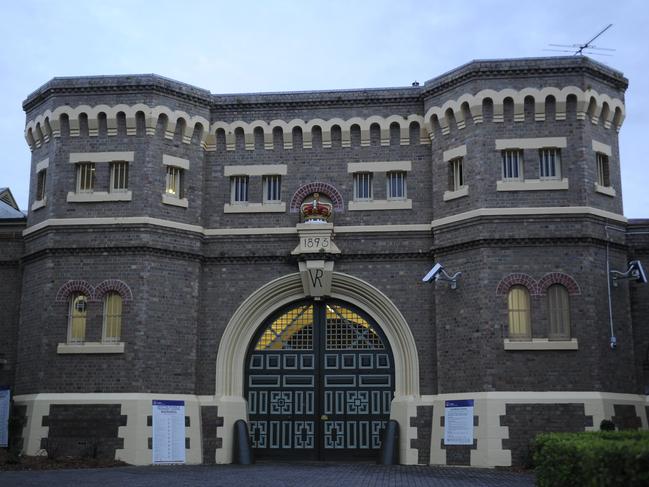
“Well eat your f**king breakfast, I’ll be back and I want to see the plate empty and slammed the door.” He remained in that cell for the next 28 days.
It was the start of the first of four terms Matthews served in Grafton Jail and that bashing was the first of many. The blood would flow regularly as the beatings became a way of life.
“What I found there was something that scared me. What I saw is I saw men who were, I would say, non-violent offenders prior to Grafton and I saw them go through that brutality, go through the floggings, go through the system that was in force up there.
WANT MORE GARY JUBELIN? Join the I Catch Killers group on our dedicated Facebook page
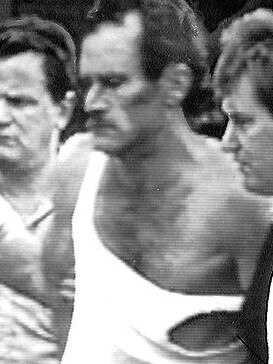
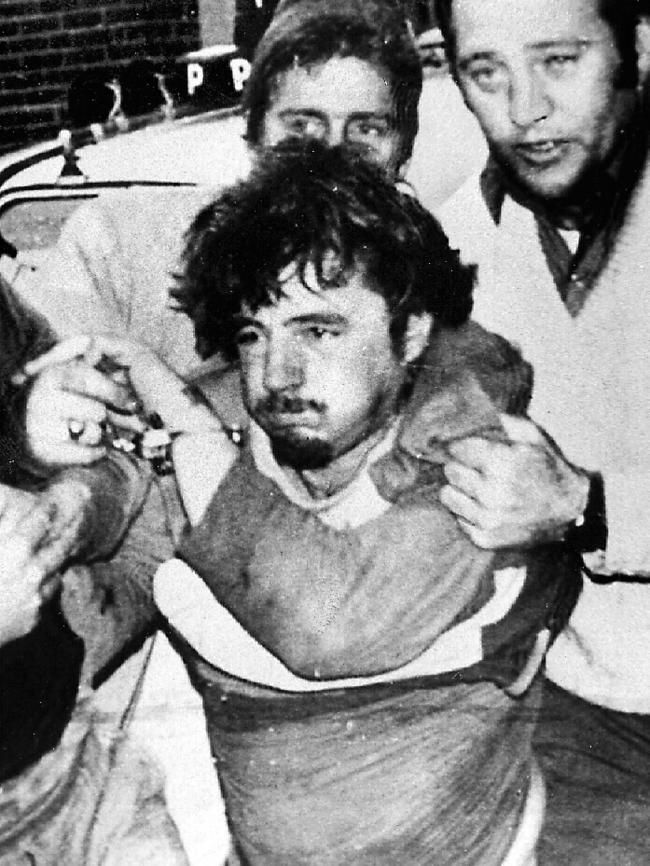
“You kept everything bottled up and you didn’t take it back out on the screws when you got back to another jail, you took it out on society as a whole when they got out.
“One type of statistic that the NSW Department of Corrective Services will never reveal to the public or the media and that is how many men went through the Grafton intractable section from 1943 to 1976 and returned to prison for multiple crimes of violence, murder plus.”
The Nagle Royal Commission uncovered much of the prison guard brutality at Grafton and the intolerable conditions at Matthew’s next cell at Katingal, where he and other intractables were relocated.
A NEW KIND OF HELL
The Grafton bashings may have finished but Matthews’ torment was far from over. Described as an electronic zoo, Katingal, housed within the Long Bay complex, was an experiment in sensory deprivation when opened in 1975.
At two years and eight months Matthews was the longest serving Katingal prisoner. He said the mind games began from the moment he arrived because prisoners were unable to tell whether it was night or day.
“Initially it was (better) because you didn’t realise how insidious the place was, how it got into your head,” Matthews recalls.
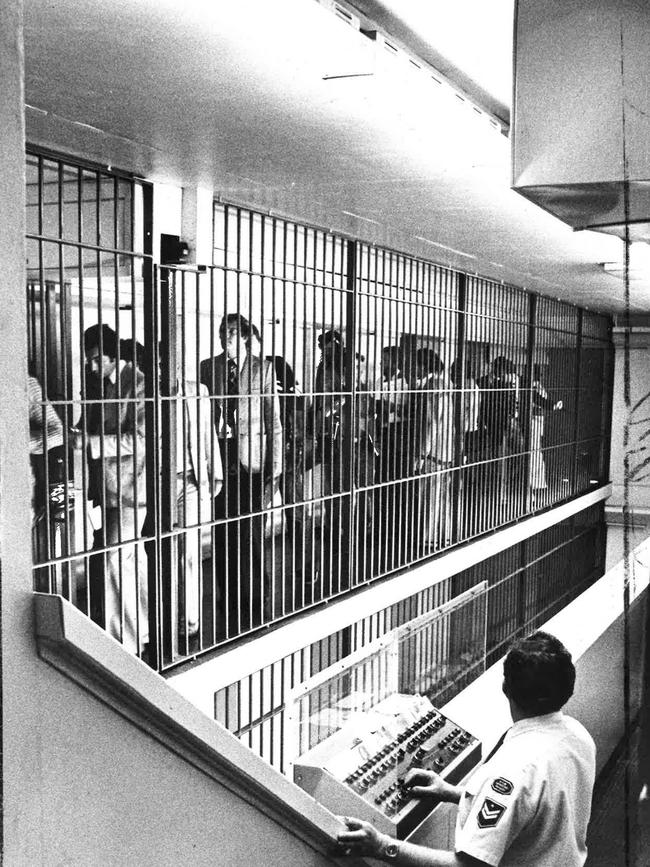
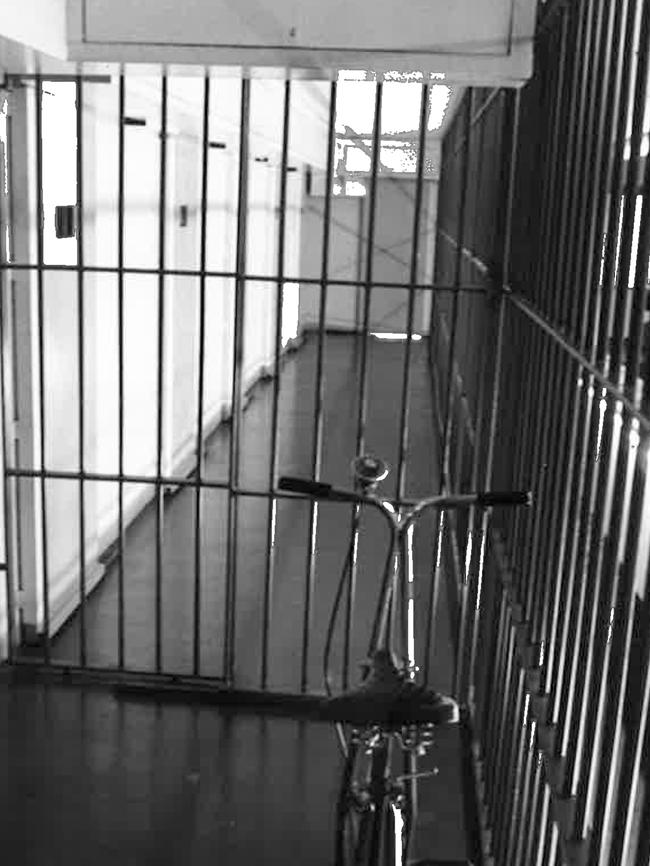
“The longest distance you could walk in a straight line was 21 steps. In two years, eight months I never saw a blade of grass, I never saw a bird, I never saw a tree.
“And everything was artificial, the air was pumped in … it was like living in a submarine for two years and not coming above the water.”
In the podcast, Matthews recalls the day “Mad Dog” Cox became the only prisoner to escape from Katingal, using a smuggled hacksaw blade to cut through bars in an exercise yard and remained on the run for 11 years.
“The first thing they did was shut all the food hatches so the air flows to the cell was minimal and they just took it out on everyone that was left in there, but we didn’t care because he escaped, to us it was a victory.”
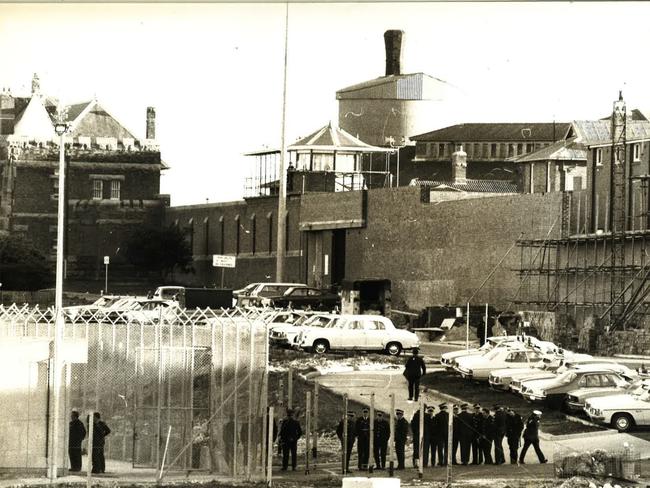
However, Matthews’ mental health deteriorated despite the fact he had taken his initial steps in the world as a playwright from his Katingal cell and sued the Sydney media for defamation over its reports that he was a crazed sex offender while on the run years before.
Matthews finally snapped.
“Katingal was so insidious you didn’t realise it was seeping into your mind, into your body You just got used to getting locked in the cell, getting out, walking your twenty-one steps and that’s how you just become a little robot.
“I cracked up on a Saturday night and I was in the workshop and I said ‘f … this shit’.
“I said ‘I’ve had it, I’m going to torch it.’”
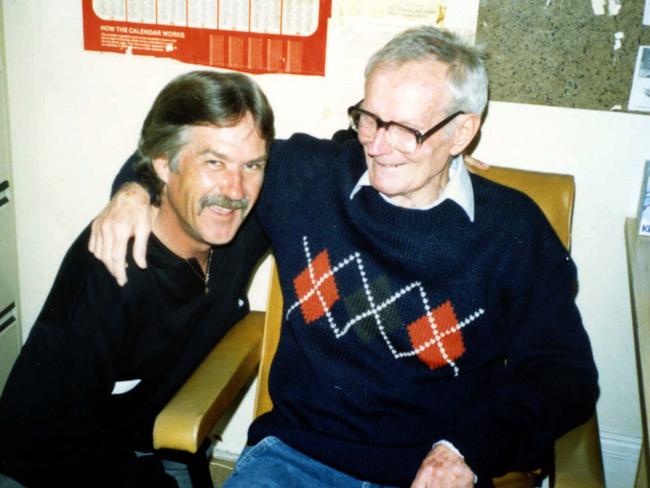
He ended up dragged out of the room as it was going up in flames and following a brawl with the guards who knocked him out.
Katingal was soon shut down for human rights abuses.
REVOLVING DOOR
Over the next two decades prison would be a revolving door for the armed-robber who famously robbed a National Australia Bank in Brisbane as police officers lined the road on National Police Remembrance Day in the late 90s.
Matthews would later break the cycle at the turn of the century when he became an award-winning journalist and author of the book Intractable.
After getting his life on track it shocked many who believed he had turned his life around when Matthews returned to jail in 2008.
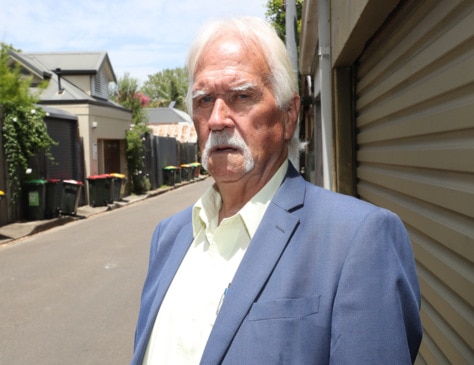
“It’s stupid because it cost me another 11 years of my life but I made the move and that was it.
“I’d been married one year and I got pinched on her birthday the following year … that went over like a lead balloon.”
But rather than his most recent jail term it’s those days at Grafton and Katingal that are still raw four decades later. Matthews believes the Department of Corrective Services has done everything it can to whitewash its violent past.
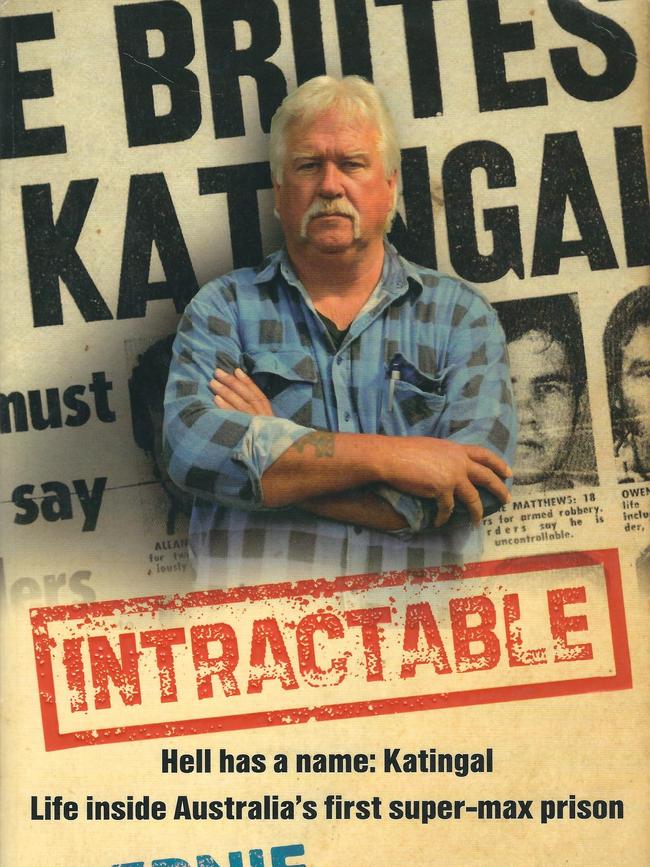
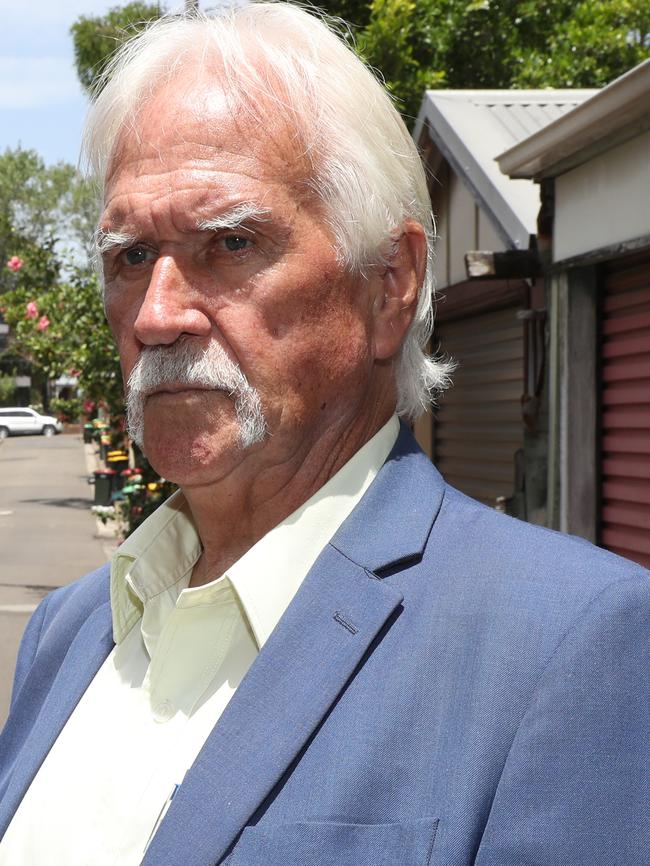
From a man that has experienced jail at various stages of his life from the 1960s right up until three years ago, Matthews believes everything possible needs to be done to keep law-breaking youth away from incarceration.
“A kid is like pure plasticine. You can squeeze it and mould it, you can’t do that with an adult. You’ve got a better chance of changing a kid from sleeping in the beds I did for 28 years behind the walls than you have with people like me.”
Matthews says he intends to write another book tracing the back half of his life when he turned to journalism and was short-listed for three Queensland Media awards in the early 2000s.
WANT MORE GARY JUBELIN? Join the I Catch Killers group on our dedicated Facebook page
Read related topics:I Catch Killers

